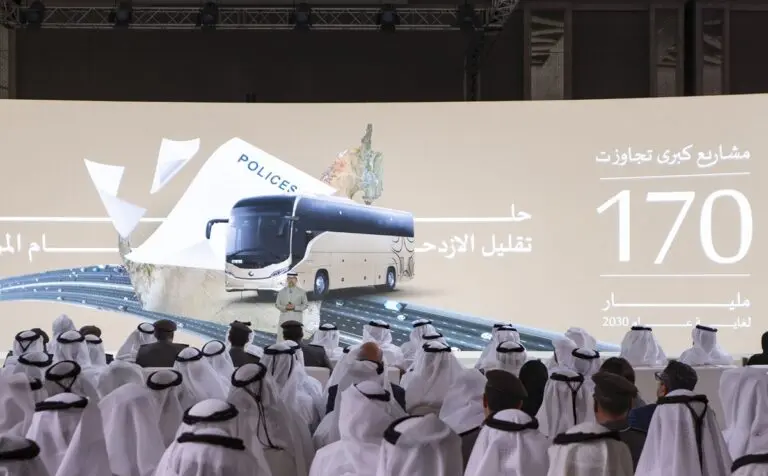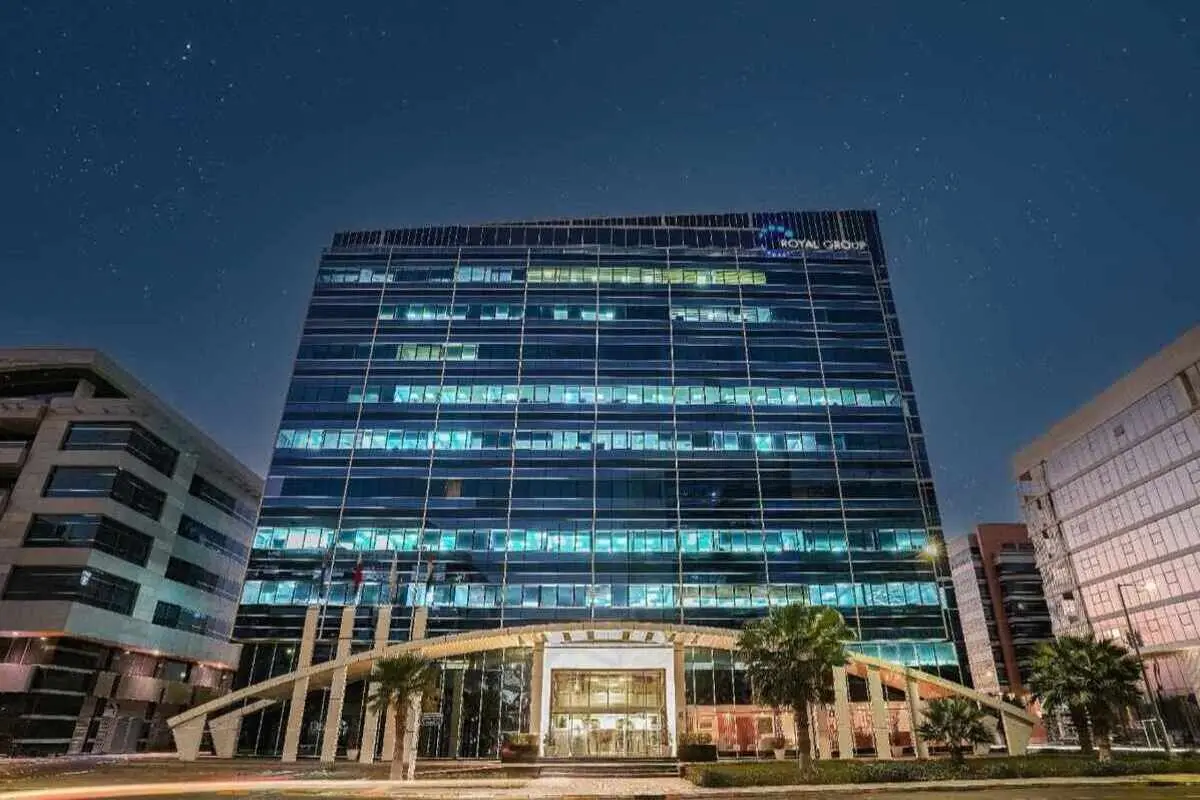The comprehensive national strategy aims to transform the UAE’s transportation infrastructure by expanding major highways, increasing road capacity, and improving inter-emirate connectivity by 2030.
Key highlights of the ambitious transport plan include:
- Etihad Road Expansion: Six new lanes will be added, boosting capacity by 60% and bringing the total to 12 lanes
- Emirates Road Enhancement: Expansion to 10 lanes across its full length, increasing capacity by 65% and reducing travel time by 45%
- Sheikh Mohammed bin Zayed Road: Widening to 10 lanes, enhancing capacity by 45%
- Proposed Fourth Highway: A potential 120 km, 12-lane route capable of handling 360,000 daily trips
Suhail Al Mazrouei, Minister of Energy and Infrastructure, emphasized that the project responds to the significant annual vehicle growth of over 8% – well above the global average of 2%. The ministry plans to enhance federal road efficiency by 73% over the next five years.
The strategic plan aligns with the UAE Centennial 2071 vision, focusing on creating a smart, flexible, and sustainable transport system. Complementing this road infrastructure initiative, Microsoft’s recent $15.2bn commitment to UAE’s AI and cloud infrastructure underscores the nation’s comprehensive approach to technological advancement.
Additionally, the UAE Railway Programme, launched in 2021 with a AED50bn ($13.6bn) investment, remains a crucial component of the broader transport strategy. The Etihad Rail passenger service is scheduled to begin operations by 2026, further reducing road traffic and enhancing inter-city connectivity.
The ministry is also adopting innovative approaches, including a new 24-hour traffic monitoring centre to analyze congestion causes and propose data-driven solutions for improved traffic flow.





